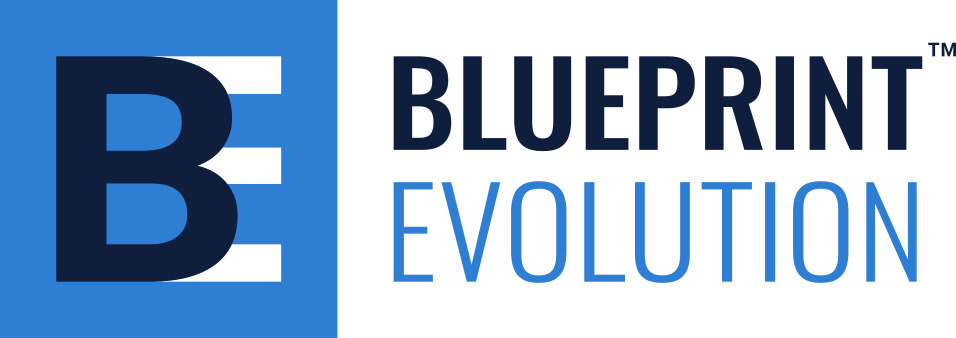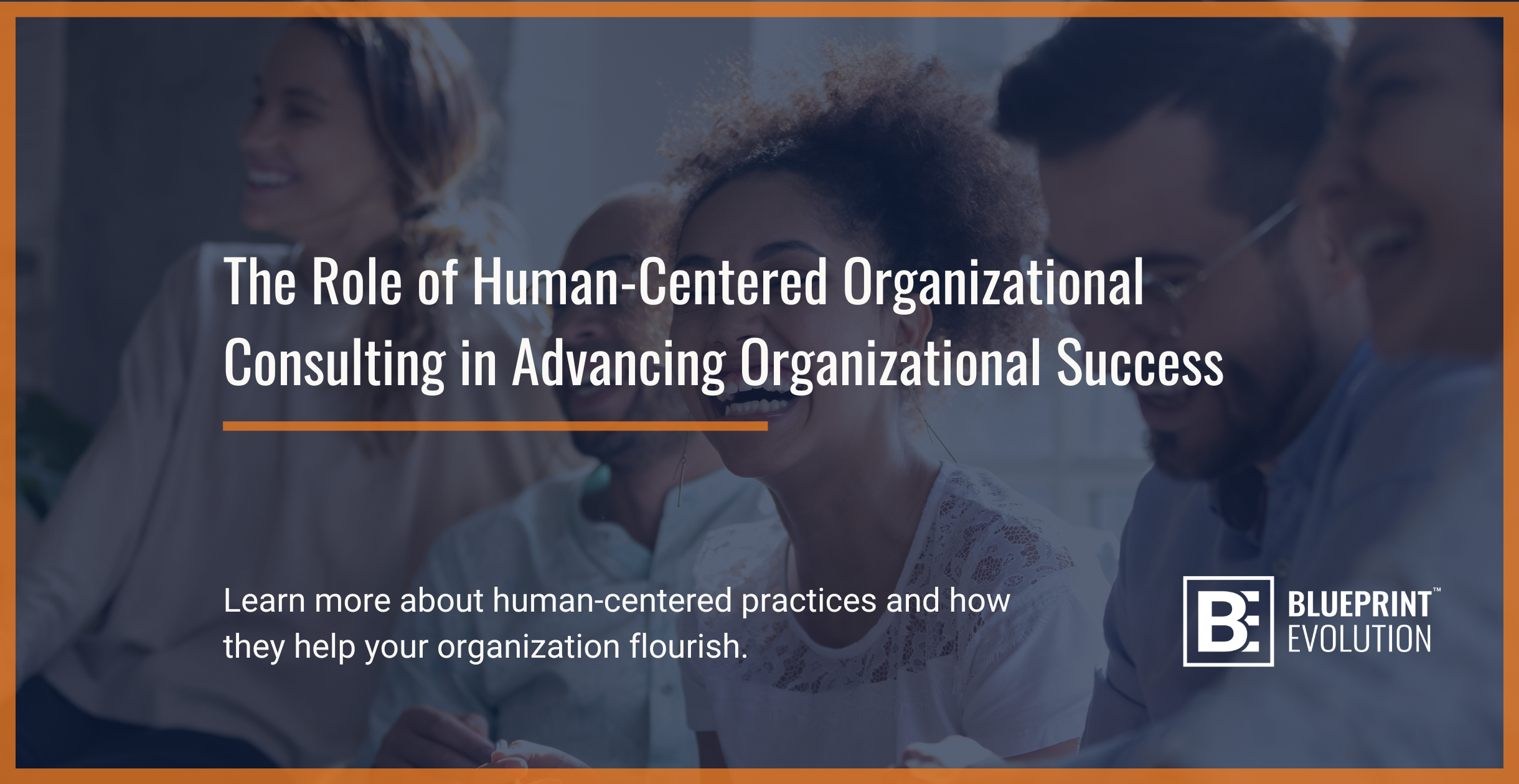Human-centered practices are a core element of organizational culture, directly influencing performance, employee well-being, and long-term sustainability. Today’s organizations must create inclusive environments that reflect and support the diversity of their workforce and customer base. This is where human-centered practices consulting becomes invaluable.
A consulting firm offering this solution helps organizations navigate the complexities of building equitable, inclusive, and people-first workplaces. By offering expert insights, tailored strategies, and actionable plans, these firms help organizations align their operations with human-centered values.
In this blog, we will explore how consulting firms specializing in human-centered practices support organizations in maintaining and enhancing equity and inclusion. We will also examine key statistics that illustrate their impact and share essential questions that organizations should ask when selecting a consulting partner.
What Is Human-Centered Organizational Consulting
Human-centered organizational consulting equips organizations to build environments where everyone can thrive by embedding empathy, equity, and inclusion into everyday systems and culture. Through collaborative leadership, holistic employee well-being, and transparent communication and accountability, this approach lays the foundation for respect and sustainable performance. Consultants support this transformation by identifying gaps and co-creating policies and practices that meet the needs of a diverse and evolving workforce.
Firms specializing in human-centered consulting typically offer services such as:
-
- Conducting organizational audits and assessments
- Developing equity-focused strategies and action plans
- Facilitating inclusive training and workshops
- Guiding equitable hiring, retention, and promotion practices
- Supporting the development of inclusive, values-driven leadership
- Establishing metrics to evaluate progress on human-centered goals
Why Are Human-Centered Practices Important in Today’s Workplace?
The value of human-centered practices in the workplace cannot be overstated. Inclusive and equitable workplaces boost creativity, innovation, and employee satisfaction—and they positively impact business performance. According to McKinsey & Company, companies in the top quartile for ethnic and cultural diversity on executive teams were 36% more likely to outperform on profitability. Similarly, gender-diverse leadership teams showed a 25% greater likelihood of above-average profitability.
But diversity alone is not enough. Without a foundation of equity and inclusion, organizations risk losing top talent to disengagement or burnout. Equity ensures that every employee has access to the resources, opportunities, and support they need to succeed, while inclusion fosters a culture of respect, belonging, and psychological safety. This is why firms specializing in human-centered consulting focus on holistic, sustainable strategies that embed these principles across every level of the organization.
How Human-Centered Consulting Fosters a Culture of Belonging
- Conducting Organizational Audits and Assessments
Before implementing changes, it’s essential to understand the organization’s current culture. Consultants specializing in human-centered practices conduct comprehensive assessments—often using surveys, focus groups, and data analysis—to identify gaps or disparities in policies, representation, practices, and lived experiences.For example, an audit may uncover underrepresentation of certain demographics in leadership or disparities in pay and promotion. Consultants then offer data-driven, tailored recommendations to help close these gaps and advance equity across the organization.
- Developing Tailored Human-Centered Strategies
Consultants develop people-focused strategies aligned with an organization’s mission, values, and culture. These may include action plans to enhance representation, promote inclusive behaviors, and expand access to opportunity.If an organization struggles with retaining employees from historically excluded groups, a consultant might recommend mentorship programs, employee resource groups (ERGs), or inclusive leadership development tracks. These strategies not only strengthen equity and inclusion but also improve employee morale and retention.
- Facilitating Training and Development Workshops
Education is a vital part of any human-centered strategy. Consulting firms deliver workshops and training programs that focus on topics like unconscious bias, allyship, inclusive leadership, and equitable organizational change. These experiences build awareness and equip employees with practical tools to foster a more inclusive environment.A LinkedIn report found that 64% of learning and development professionals say their companies prioritize training on inclusion. Still, training must be part of a broader, ongoing approach—not a one-time fix. True transformation requires systemic change, accountability, and continuous learning.
- Advising on Equitable Hiring, Retention, and Promotion
Consultants also support inclusive talent practices by reviewing job descriptions for bias, broadening recruitment efforts, and ensuring equitable performance evaluations and advancement opportunities.A Harvard Business Review study found that companies with inclusive hiring practices are 1.7 times more likely to lead in innovation. Consultants specializing in human-centered practices help organizations develop fair, consistent systems that allow all candidates and employees to thrive.
- Establishing Metrics for Progress and Accountability
Measuring what matters is key to sustaining human-centered practices. Consultants help organizations establish key performance indicators (KPIs) such as representation, retention, pay equity, and engagement rates among various employee groups.According to the Global Diversity, Equity & Inclusion Benchmarks (GDEIB), organizations that measure and evaluate their inclusion efforts are significantly more likely to see long-term success. Regular data analysis enables timely course corrections and fosters a culture of transparency and continuous improvement.
The Power of Human-Centered Consulting in Shaping Thriving Organizations
Organizations that prioritize human-centered values consistently see stronger innovation, higher employee engagement, and improved business outcomes. According to a report by Boston Consulting Group, companies with diverse management teams generate 19% more revenue from innovation. Additionally, a Glassdoor survey found that 76% of job seekers consider workforce diversity a key factor when evaluating potential employers.
Human-centered organizational consulting supports organizations in achieving these outcomes by providing strategic guidance throughout every phase of transformation. From policy development and leadership training to inclusive culture-building and progress tracking, these consultants play a critical role in shaping workplaces where everyone has the opportunity to thrive.
Why Human-Centered Organizational Consulting Matters
Human-centered organizational consulting is more than a trend—it’s a business imperative. These experts help organizations develop inclusive cultures that prioritize equity, respect, and belonging, benefiting employees, customers, and stakeholders alike.
By partnering with a skilled consultant, organizations demonstrate a commitment to fairness, innovation, and long-term success. In today’s competitive and values-driven world, maintaining human-centered practices is not optional—it’s essential.







